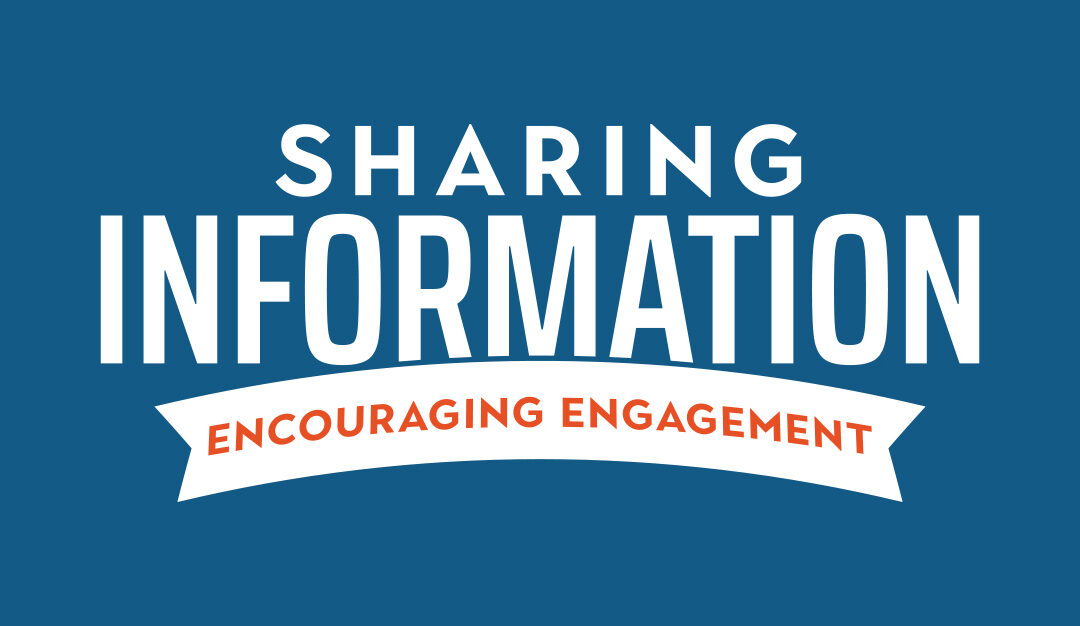When the Board Acts Like a Judge: Understanding Appeal Hearings in Trinity County
If you’ve ever attended a Board of Supervisors meeting in Trinity County, you’ve probably seen us making a wide range of decisions—approving budgets, setting policies, and hearing from the public. But when we hear an appeal of a prior decision, such as one from the Planning Commission or a County department, our role changes. We’re no longer acting as policymakers. Instead, we shift into what’s called a quasi-judicial role—meaning we function more like judges in a courtroom.
What Does “Quasi-Judicial” Mean?
In this setting, the Board isn’t debating what the law should be. We’re deciding whether the law, as it currently exists, was applied correctly to a specific case. Our job is to review the facts, interpret the rules, and make a decision based on evidence in the official record, not on personal preferences or public opinion.
This helps ensure that decisions are consistent, transparent, and legally sound, even when the underlying policies might not be perfectly clear.
Not All Appeals Are Alike
While some appeals come from individuals or businesses who disagree with a decision made by the County, others are brought forward—not because a mistake was made, but because there’s ambiguity in how a rule or ordinance should be interpreted.
For example, if an ordinance lacks clear language or doesn’t account for a particular situation, staff may ask the Planning Commission and/or Board of Supervisors to clarify how the existing rules should be applied.
Why Can’t We Just Listen to Public Opinion?
This is where the process may feel confusing or even frustrating to some. In a legislative or policy discussion, public comment is essential—it helps shape our decisions and priorities. But during a quasi-judicial hearing, we’re legally required to set aside public opinion and focus only on the evidence and testimony relevant to the case.
So when someone recently asked me, “Did you even listen to what people said during public comment?”—I had to explain: I did listen. But I wasn’t allowed to let it influence my decision unless that comment introduced relevant, factual information that’s part of the record.
What We Can Consider
During an appeal hearing, the Board can only consider:
– The administrative record (documents, staff reports, and evidence presented earlier)
– Testimony presented during the hearing
– Whether procedures were followed correctly
– Whether the applicable law and standards were applied properly
– In cases of ambiguity: how to reasonably interpret the existing language of codes, policies, or ordinances
We cannot consider:
– General public opinion or sentiment
– Political considerations
– Information or evidence that isn’t part of the formal record
Why the Rules Matter
The quasi-judicial process ensures due process, consistency, and fairness for everyone involved. And when the rules are unclear, it gives the Board an opportunity to offer a consistent interpretation that can guide future decisions—until those policies can be formally updated through the legislative process.
Final Thought
The Board of Supervisors wears many hats—but when we act as a quasi-judicial body, we are expected to remove our political hats or personal opinions and follow a process that respects the rule of law. It’s not always easy, especially in a small community like ours where we know the people involved. But it’s one of the most important responsibilities we carry, and one that I take seriously.


Recent Comments